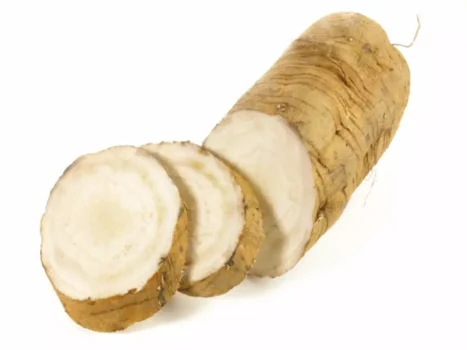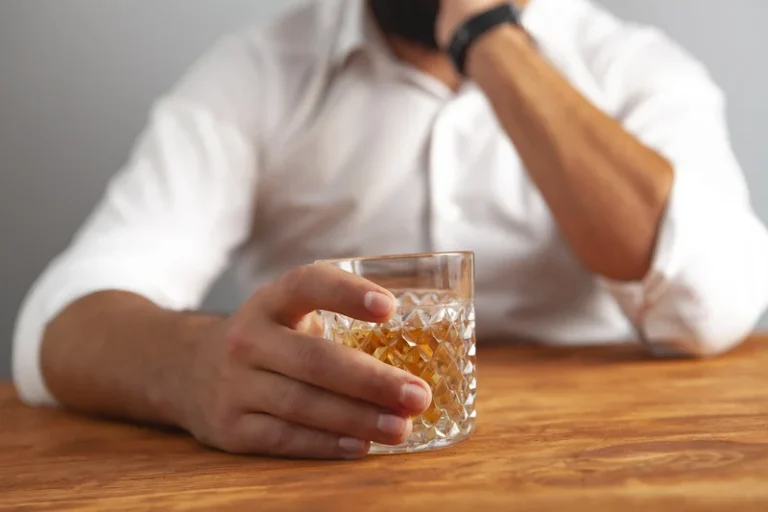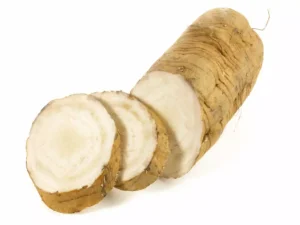
Groups like Al-Anon provide support to people whose families have been impacted by addiction. To effectively reduce your alcohol intake, start by setting specific, measurable goals. For example, if you currently drink 3-4 glasses of wine every evening, aim to reduce it to 1-2 glasses per night within the next month. Write down your goals and place them somewhere visible as a daily reminder of your commitment. Whether you want to quit drinking alcohol completely or develop a healthier relationship with alcohol, the key is to be persistent.
Identifying triggers
Alcohol is a sedative, so you’d think it would help you sleep better. While drinking could help you fall asleep, it suppresses REM sleep, the restorative part of your sleep cycle, Dr. Leavey says. That might explain why you can have a fitful night of tossing and turning after you’ve been out drinking. Inpatient and outpatient treatment facilities are another effective place to surround yourself with people who will walk you through detox and recovery with no judgment.
Alcohol and its risks
- The site also delivers a list of sobering statistics about the reality of alcoholism.
- When paired with professional treatment led by healthcare providers, mutual-support groups like Alcoholics Anonymous serve as a valuable resource for enhancing recovery 3.
- Keep yourself on track by setting small, achievable goals with timeframes so that you and the people supporting you know the plan, says Dr Arunogiri.
- By setting specific goals, you create a clear target to work towards and can more easily track your progress over time.
- … The post Maria Kanellis Says Tumor She Had Removed Was Not Cancerous appeared first on Wrestlezone.
It’s often easier to turn down a drink when you don’t have to do it alone. But maybe you’re unsure about quitting completely and don’t want to hold yourself to that goal. Knowing why you drink is essential, says Cyndi Turner, LCSW, LSATP, MAC, a Virginia therapist specializing in addiction treatment and alcohol moderation. “Social self” is defined as the way one relates to others and the ability to feel comfortable with other people. Initially, and for sometime afterward, alcohol may seem to enhance certain experiences. People may seem more accepting or less judgmental, and you might feel you “fit in.” You may convince yourself that experiences are more enjoyable and conversation more relaxed.

Healthline Lessons

Generally, I feel more secure and happier without alcohol — largely because I recall that my times with alcohol weren’t always merry, and I feel my health has improved without it. Incorporating a variety of these foods into daily meals can create a more balanced nutrient intake, ultimately aiding recovery efforts. Combining dietary changes with identifying triggers can greatly enhance one’s ability to cope with alcohol cravings and contribute to a healthier lifestyle. For additional insights on recovery, consider exploring five ways support loved one through treatment. Support groups play a vital role in recovery from alcohol addiction. They provide a safe space for individuals to share experiences and receive encouragement from others facing similar challenges.

- However, if you’re concerned you may have an addiction to alcohol, it’s best to speak with your doctor or another licensed professional to get adequate advice on what to do.
- Understanding your motivations will help you stay focused and committed to your goals, even when faced with temptations or setbacks.
- The HSE has a comprehensive list of support services available for family members who are concerned about a loved one’s drinking.
- Fortunately, there aren’t any alcohol withdrawal symptoms that are life-threatening or even need medical supervision.
She is also a freelance writer covering parenting, recovery, and Latinx culture and the creator of the Pandemic Mama podcast. Her work has appeared in over 50 publications, including The Washington Post, O! She is a new resident of Denver, where she lives with her husband, spunky toddler, and their fur babies.
- The communal aspect of the Dry January challenge might make it easier, too, particularly if you have friends or family members who want to join you in abstaining from alcohol for 31 days.
- This could include stress, social pressure, or certain locations like bars or parties.
- If you have a party to attend, you can also bring your own non-alcoholic beverages to make it easier on yourself.
- It’s often easier to turn down a drink when you don’t have to do it alone.
- Wills of York County said she never expected her main health care provider, Tidewater Physicians Multispecialty Group, to drop her as a patient.
What is Drug Therapy
- NEW YORK — Harvey Weinstein was taken to Bellevue Hospital for “emergent treatment due to an alarming blood test result that requires immediate medical attention,” according to his lawyer.
- Break down your overall goal into smaller, achievable milestones.
- Whether you’re struggling or just want some extra guidance, consider reaching out for support from professionals who are trained in addiction treatment.
- Taking a break from drinking, even for a month, allows your body to recover from the effects of alcohol.
- For additional insights on recovery, consider exploring five ways support loved one through treatment.
As you begin to notice those health benefits, you’ll likely feel more energized and inspired to keep up your progress. If you have researched all the advantages and decided you want to stay off alcohol or change your drinking habits, you might be wondering what is the best way to stop drinking for good. Our next section outlines advice on how to abstain from alcohol.
The communal aspect of the Dry January challenge might make it easier, too, particularly if you have friends or family members who want to join you in abstaining from alcohol for 31 days. The dry month is also an opportune time to examine your relationship with alcohol and decide if you might want to change your drinking habits to improve your health. For many people, quitting drinking revolves around hitting the proverbial “rock bottom” and seeking recovery through peer-support groups or in-person treatment centers. At least that’s how many used to think about recovery from alcohol use disorder. But Twelve-step program these days, you don’t have to lose it all or label yourself an “alcoholic” in order to re-evaluate whether your relationship with alcohol is having a positive impact on your life.

To make exercise a sustainable alternative to drinking, it’s important to find activities that you enjoy and that fit into your lifestyle. This might mean joining a local sports league, attending fitness classes at a gym, or simply incorporating more walking or biking into your daily routine. Experiment with different types of exercise until you find something that resonates with you. While it’s important to challenge yourself when setting goals, it’s equally crucial to ensure that your targets are realistic and achievable. Setting overly ambitious goals can lead to frustration and discouragement if you consistently fall short.

As your mind and body try to tell you that you need another drink, understanding what’s at the root of that thought or feeling is key in reaching a healthier state of sobriety. In theory, setting one big giant goal of “never drinking again” makes sense. Unfortunately, immediately setting your mind to achieving this one and only how to take a break from drinking hard-and-fast goal is why many people struggle to quit drinking or why they relapse early on in their recovery journey. Remember that changing your relationship with alcohol is a personal journey, and everyone’s path is unique. Be patient with yourself and others, and celebrate the small victories along the way. By communicating your goals, asking for support, and offering alternative activities, you create a strong foundation for success in cutting back on alcohol consumption.
Finding long-term success in recovery takes a lot of hard work. Explore when medication assisted treatment begins, its history, and its role in overcoming addiction. Discover the role of physiological dependence in addiction and unlock paths to recovery.